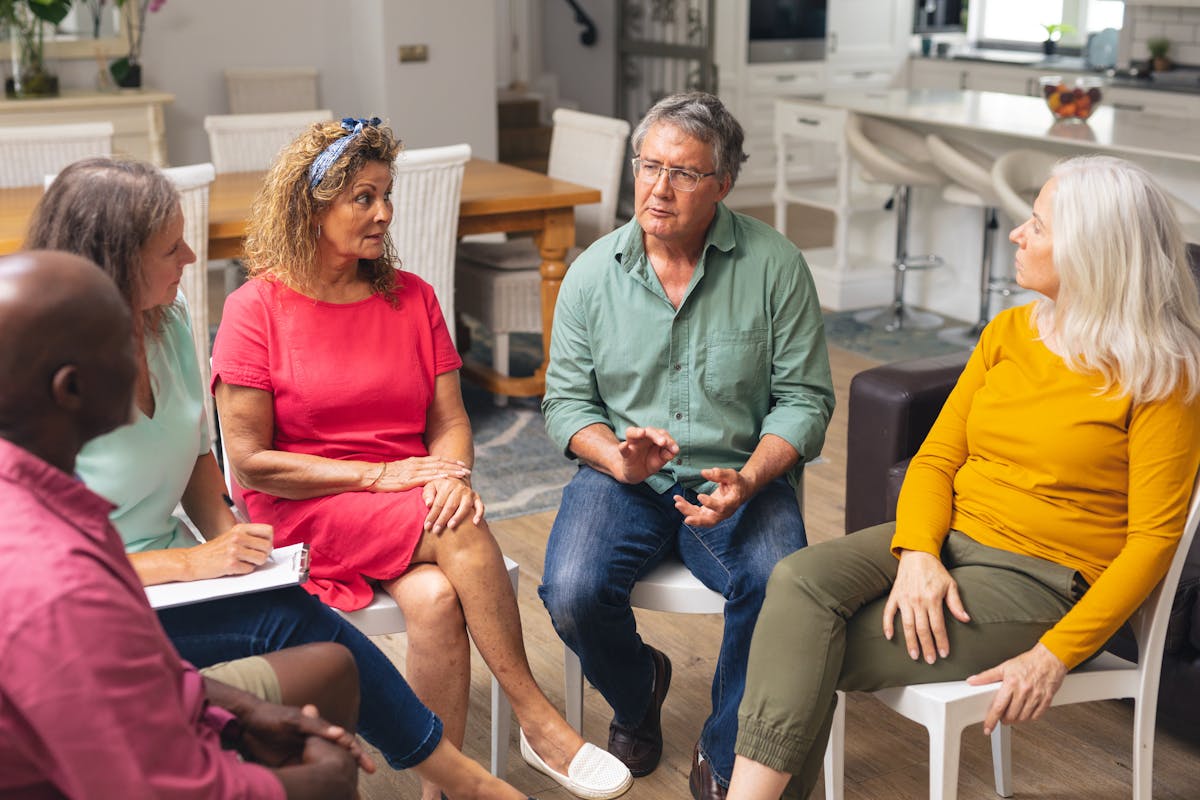Coping With the Loss of a Spouse or Partner

The loss of a spouse or partner is devastating at any age. Whether it was a sudden passing or an expected one, accepting that someone you love is gone is painful. And finding your way alone can be difficult. While time does help, most people experience a roller coaster of emotions for months or even years to come. You might start to find your new normal for a few weeks and then be overwhelmed by grief again.
Bereavement counselors usually stay in touch with spouses and families for at least 12 or 13 months after a loss. That’s because each of the milestones you encounter during that first year can be so difficult. The date of a partner’s birthday or your anniversary can be an emotional time. The same is true for the first Christmas or Hanukkah alone.
What can you do when your grief feels unbearable?
First, be kind to yourself. Grieving takes as long as it takes. Don’t beat yourself up for not moving on as quickly as you think you should. While everyone processes grief differently and in their own time, there are steps you can take that might help you feel better along the way.
Navigating Grief After the Loss of a Loved One
- Talk about it: Friends and family may be hesitant to discuss your lost loved one out of fear they will upset you. If you initiate the conversation, however, you’ll probably find that people are eager to share their memories and support you through this difficult time. Reminiscing can be tearful, but it can also be healing.
- Join a support group: Another idea is to connect with peers who’ve also experienced a loss. You can do that by joining an online or in-person support group. Most hospice agencies welcome family members, even those who didn’t utilize their services. Some people prefer an online grief support group or forum because the anonymity helps them be more open and honest about their emotions. Grieving.com and GriefShare are two online groups to consider.
- Take care of you: Loved ones often develop unhealthy lifestyles when they are busy caring for their family member. The physical demands of caregiving and the associated stress can leave you feeling exhausted. After a loved one’s passing, it’s important to get your own health on track. Quality sleep, a nutritious diet, and regular exercise will help you begin to feel better physically and emotionally.
- Don’t isolate yourself: While it’s okay to give yourself some alone time to process your loss, try not to isolate from friends and family completely. That can worsen your despair. At first, meeting one-on-one or in small groups might be easier. Try going out to lunch or doing a little shopping with those closest to you. Another option could be to take an art class with a friend or two. When you are grieving, expressing yourself creatively can help the healing process.
- Try volunteering: Spending time helping others may be another way to find joy and purpose in life again. If you aren’t already involved with a charity, think about what you’ve always enjoyed. If you love gardening or working with children or with animals, for example, connecting with an organization devoted to that cause can give your spirit a boost. If you need ideas for an organization to support, call your local United Way office or find one online using VolunteerMatch.
Our final suggestion is to seek professional help if it feels like your grief isn’t improving or is worsening. You could start with your primary care doctor, who may refer you to a mental health professional. Don’t be embarrassed to admit that you need help. The loss of a partner or spouse is significant and difficult for most people to cope with.
Bookmark the Life Protect 24/7 Blog
We cover a variety of topics, from healthy living to caring for a senior loved one, on the Life Protect 24/7 Blog. We encourage you to bookmark this space and stop back often!